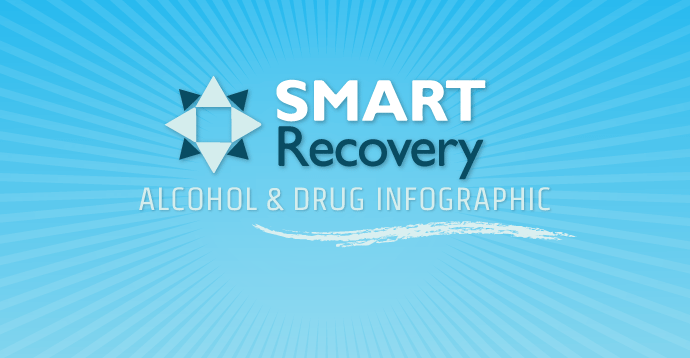Understanding The Scientific Basis Of Caring For Drug Addiction
Understanding The Scientific Basis Of Caring For Drug Addiction
Blog Article
Material Create By-Greenwood Johnsen
Imagine Drug dependency treatment as a complicated challenge, with each item representing a different element of the clinical approach to combating substance abuse.
From the complex workings of the brain to the influence of environmental aspects, the science behind dependency therapy introduces a multidimensional perspective that guides reliable interventions.
Recognizing just how biological, emotional, and social aspects intertwine in the therapy procedure can give vital understandings right into cultivating long lasting recuperation.
By untangling the science behind Drug addiction therapy, you will certainly gain a much deeper recognition for the detailed strategies employed in addressing this pervasive issue.
Biological Consider Dependency Therapy
When addressing biological consider dependency treatment, it's crucial to understand exactly how the body's chemistry affects the performance of treatments. The means compounds engage with your brain's natural chemicals plays a substantial duty in addiction development. For instance, medications can pirate the mind's reward system, causing yearnings and compulsive drug-seeking habits. Comprehending https://www.latimes.com/opinion/story/2021-09-19/bridging-the-divide-between-mental-health-care-and-addiction-treatment helps in tailoring treatment techniques like medication-assisted therapy to target details natural chemical discrepancies.
Additionally, genetic variables can also influence just how your body reacts to particular substances, influencing your susceptability to addiction. By taking into consideration these organic facets, healthcare professionals can customize therapy plans that resolve the one-of-a-kind demands of individuals battling dependency, ultimately enhancing the possibilities of successful recuperation.
Psychological Treatments for Dependency
Comprehending the psychological interventions for addiction is critical in enhancing the organic aspects resolved in treatment strategies. Here are three key psychological interventions that play an essential role in dependency therapy:
1. ** Cognitive-Behavioral Therapy (CBT): ** This therapy assists you recognize and alter unfavorable thought patterns and behaviors connected with chemical abuse.
2. ** Motivational Interviewing (MI): ** MI is a counseling technique that helps you locate the internal motivation to change addictive actions.
3. ** Mindfulness-Based Interventions: ** These techniques focus on increasing your understanding of yearnings and activates without judgment, helping you handle them efficiently.
These psychological treatments work together with biological treatments to provide an extensive technique to addiction recovery.
Social Assistance and Healing in Addiction
Social assistance plays a vital duty in addiction recuperation, providing individuals with the essential support and support to browse the difficulties of overcoming substance abuse. Having a solid support group can substantially boost the likelihood of successful recovery from addiction. Friends, family members, support system, and counselors all contribute to producing a network of support that can help you stay determined and focused on your trip to soberness.
Social links can offer understanding, empathy, and useful aid during tough times, acting as a resource of toughness and support. By surrounding yourself with favorable and motivating people that rely on your capacity to recuperate, you can improve your durability and commitment to staying substance-free.
Conclusion
So, you've learnt more about the scientific research behind Drug addiction therapy. By understanding the organic, emotional, and social elements at play, you can see how thorough therapy is necessary for healing.
Keep in mind, addiction is a beast that can be tamed with the right devices and assistance. Keep combating the great fight, due to the fact that you're stronger than any kind of obstacle in your method.
